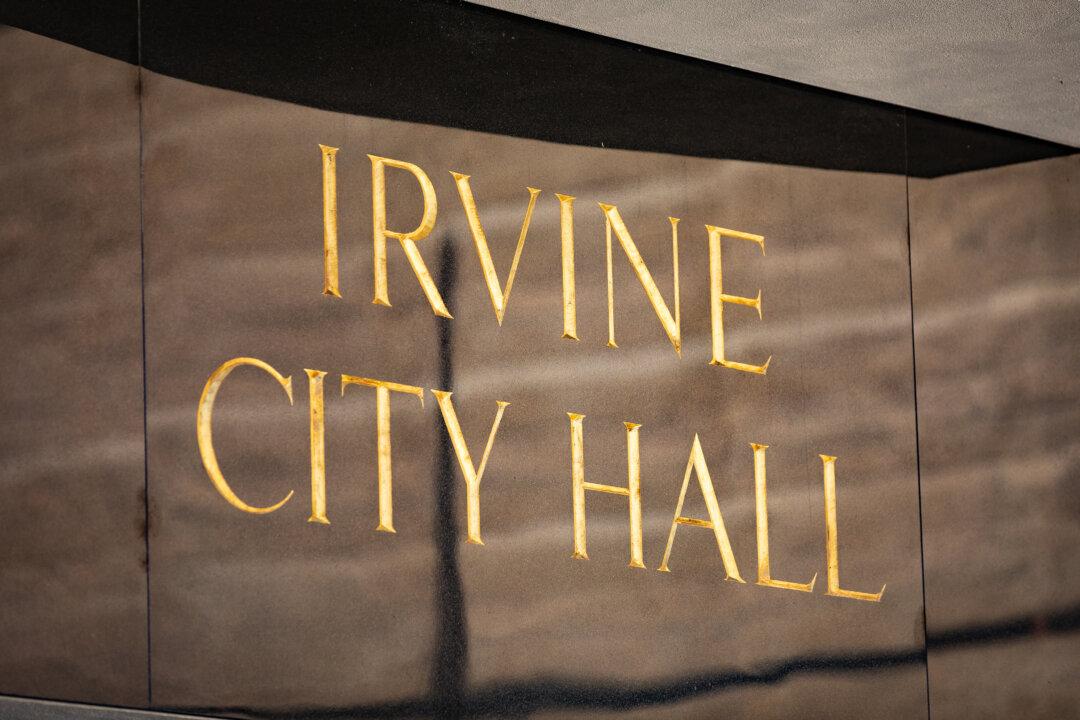The Irvine City Council voted 4–1 on Jan. 10 to consider expanding the council from four to six members and dividing representation into districts.
Currently, councilors are elected at large—by all eligible city voters—and represent the whole city.

The Irvine City Council voted 4–1 on Jan. 10 to consider expanding the council from four to six members and dividing representation into districts.
Currently, councilors are elected at large—by all eligible city voters—and represent the whole city.